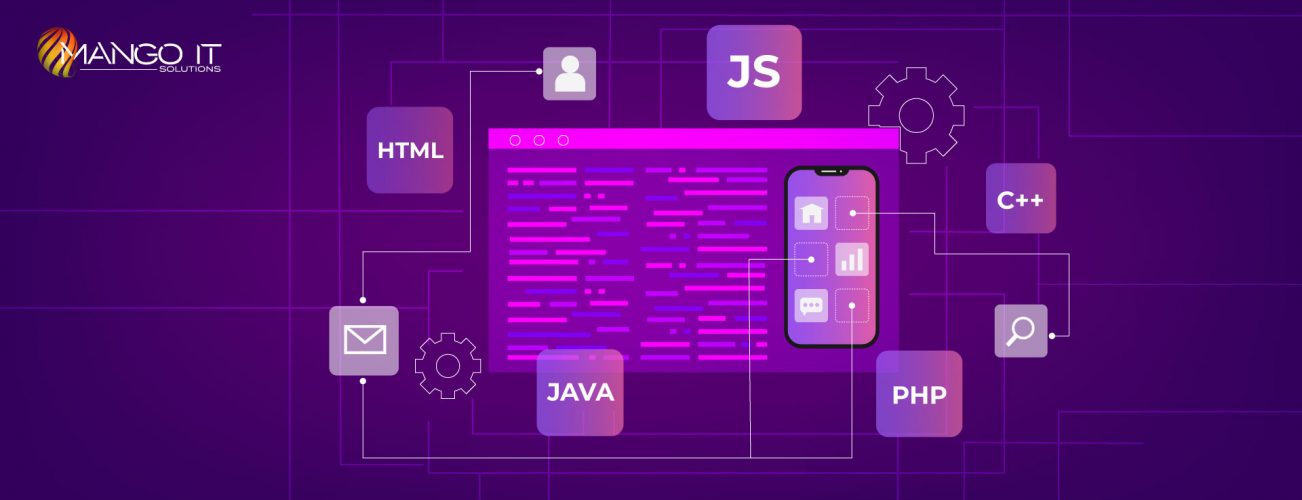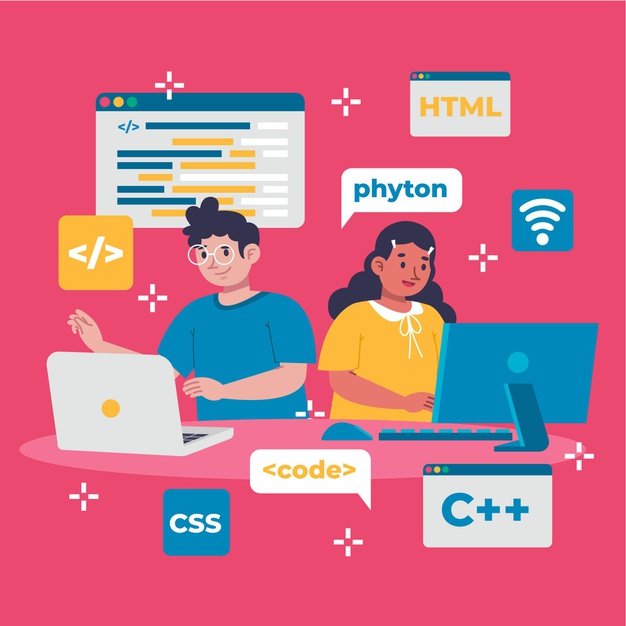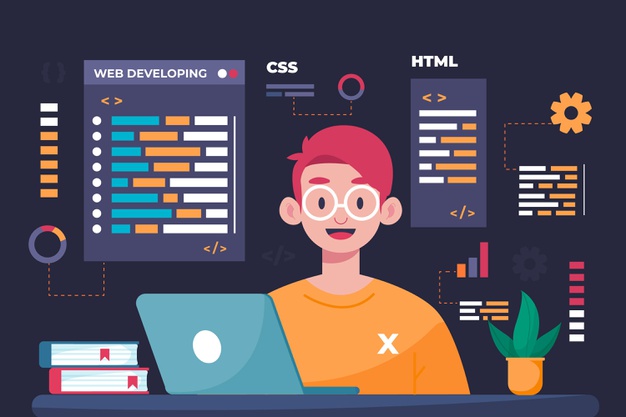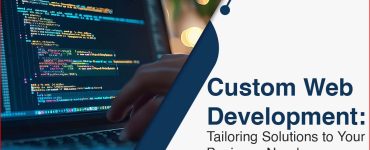
7 Essential Tips to learn coding fast

You can use plenty of free resources to give yourself all the help you need, teach yourself new techniques, and make this learning process fun and exciting. To assist in your learning, here are some tips on how to learn to program faster.
I. Set your goal and purpose on why do you want to learn to code
Take a few days to think about the reasons why you want to learn to code and why do you want to know code in the first place. Setting your goal first will give you motivation and commitment toward learning. For instance, if you’re going to become a web developer, it is best to start looking for the most reliable online course.
2. Choose the right programming language
There is no single best way to learn to code. Also, there is no single “best” programming language to learn. Some languages are more user-friendly than others. If you need to learn how to code a single language, HTML, CSS, JavaScript, or Python are considered the comfortable entry points into the coding world.

3. Find the right method and resource
Once you know what you need to learn, it’s worth giving some thought to the resource. Learning programming fundamentals from an interactive website helps beginners, and Codecademy, freeCodeCamp, Code School, and Treehouse are the best options to choose from.
Suppose you prefer to learn programming from video rather than reading. There are also some excellent websites to start with, such as Lynda or edX. The method of learning entirely depends on your individual choice. However, there is no best way to learn to code.
- Some people learn best from watching the video.
- Some learn best from reading the documentation.
- Some people want to understand it by performing.
- Some people need to read documentation from start to end.
- Some people learn best from having a mentor.
- Some people might learn through coding boot camps.

4. Learn by hands-on coding, not just reading
Coding by hand is still one of the most effective methods to learn a programming language. As a beginner, you will be thinking, why should I code by hand. It’s a draggy process, and I cannot run my codes on paper and check. One of the biggest reasons is that if you were to get called for an interview for a programming job, the technical evaluation process would include code by hand. You will be demanded to write the code using paper and pen, or you might have to use a whiteboard. It is a test for a programmer’s proficiency. So start early and become used to this old-school method.
When you write the code, play with the code, change your code to see different results, optimize the code, and try other solutions, your logical thinking ability improves day by day. You eventually learn a lot of things that make you a better programmer.
5. Practice, practice, and practice
The saying “practice makes perfect” holds factual no matter what profession you are in; programming is all about the theory and lots of practice. Learning by doing will give you the best experience and great understanding. When you start programming, you encounter a lot of problems, you get stuck there, you will be required to implement the code practically and find the solution for a specific issue, and there you will scratch your head because it is hard to implement, but it will teach you the most. You will learn how to implement that particular feature and figure out how to implement it, to get to a solution by reading other examples, drawing your conclusions, and connecting the dots.
6. Seek help and ask for Guidance
People learn faster with mentors, and peer feedback and the programming community is full of people who are willing to help the next generation of programmers. When you learn to program, do not hesitate to ask for help. Beginners make this mistake and feel shy when they need to ask for help. It doesn’t matter if you ask silly questions and looks stupid, it will help you in the long run, and if you don’t do it, you will be struggling in coding later.
7. Take Breaks to Get Refreshed
When you are learning to program, it’s not appropriate to sit in front of a computer for hours and try to grasp everything in one go. When you code for an extended period, it is easier for you to stick to the same logic for hours, and it will not guarantee that you will remove the bug. But you might have heard of instances where the coder takes a break, plays a game, or even takes a nap, and then, back at the monitor, the solution pops up like a flash. It’s required to take a few minutes of relaxation. You work for 25 minutes, get a short break, and then repeat the practice. Taking breaks is critical to having a productive study session, particularly when taking in a lot of new information.





